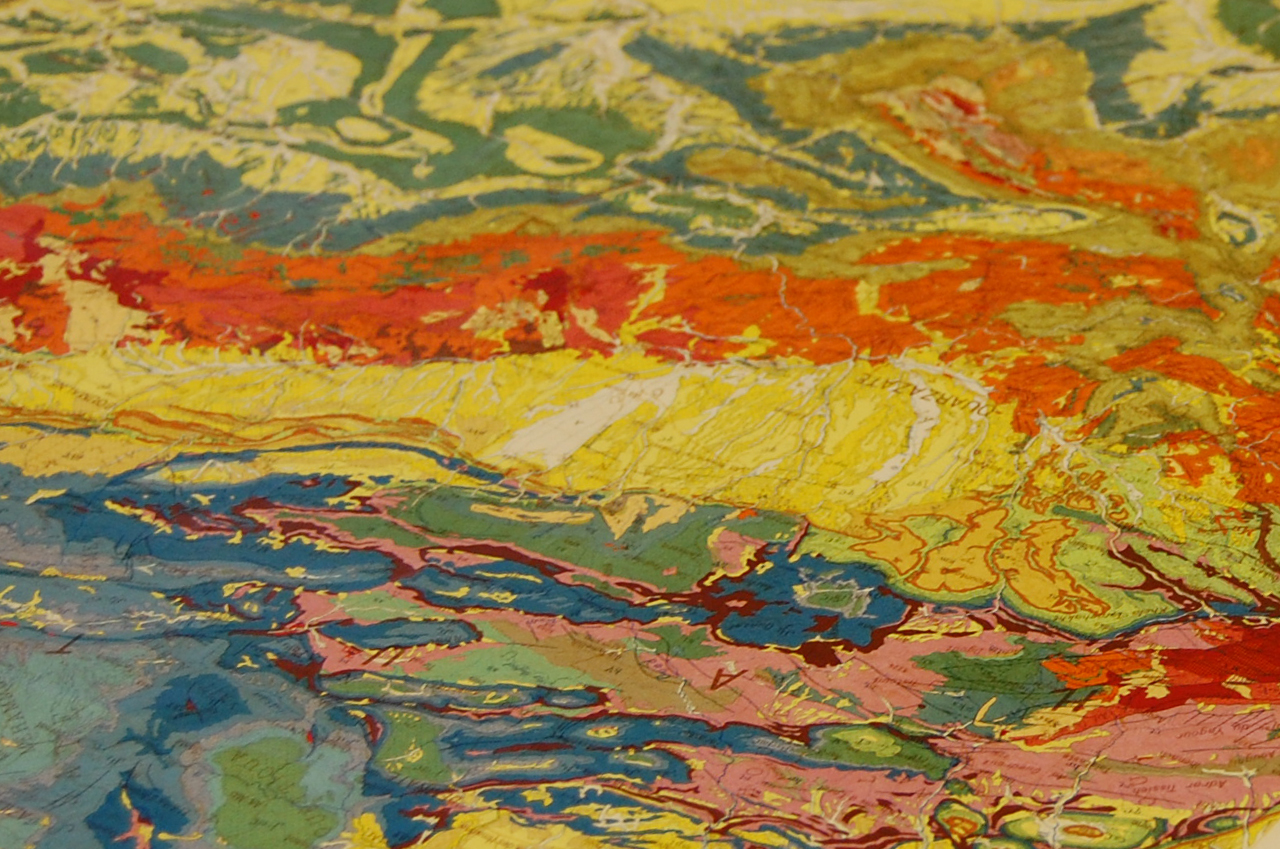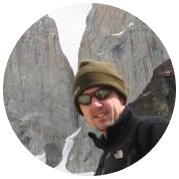
- Geology Career Pathways
- Careers
- Career Profiles
- New Ventures Manager (Oil and gas)

New Ventures Manager
Oil & Gas
Oil & Gas

James
Job title: New Ventures Manager (Brazil)
What are your qualifications?
A-Levels: Pure Mathematics, Physics, Chemistry.BSc in Geophysical Sciences from the University of Southampton.
MSc Basin Evolution and Dynamics from the University of London, Royal Holloway. MBA from Duke University, North Carolina, USA.
What exactly does a New Ventures Manager do?
New Ventures is all about regional geological and geophysical studies to help exploration companies determine which areas have the greatest chance of yielding oil and gas accumulations. It begins with the studies undertaken in the earliest stages of an exploration campaign, when new basins and “frontier” areas are studied. Often there are very few data available, and the techniques and skills required stand in stark contrast to working in detail using the most up-to-date technologies - as is the case today in mature areas like the North Sea, for example. New Ventures teams have to be model-driven and have to search for analogues among geological provinces worldwide upon which to base their studies.Apart from formal qualifications, what other skills or characteristics do you need?
An inquisitive mind and a willingness to challenge established beliefs are essential. Integrating information from many different geological, geophysical and geochemical studies to best determine how an area evolved has a lot in common with detective work. The studies also mean integrating large amounts of imperfect data to best determine how a geological province evolved and where might the best oil and gas prospects might be located.What sort of organisations employ New Ventures Managers?
I work for a multi-national oil and gas company. Careers in oil and gas exploration are not only restricted to the major oil companies; there are also many specialist consultancy companies who work with the major oil companies as partners in any study.If this wasn’t your first job after your studies, what did you do in between?
I actually started with “hard rock” geology, working in mining exploration. I guess the amateur detective in me always wanted to stay within an exploration role!Do you travel within the UK or overseas very much?
Travel within this career is inevitable, and very rewarding. As I write this I am based in Rio de Janeiro in Brazil. Before this I lived for three years in Egypt and soon I am to return to London. My family and I really enjoy the opportunity this career has afforded us all to experience the different cultures and breathtaking scenery the world has to offer.Do you work a regular length day/week or are shifts involved?
I work standard hours Monday to Friday. However, when a well is drilling and results are coming in over the weekend, most people will want to be involved - just to be the first to see the results of many years’ work.What do you enjoy about your job?
I enjoy the teamwork and take satisfaction in delivering the various studies, which improve our understanding of our geological model. Ultimately, after having gained everyone’s expert opinion we will decide on a location to drill. This is the only way to test our geological models, and it is a very rewarding to see if we have correctly understood the geology in our area of study. If not, at least we will then have more data that we can use to update our model and try again.What advice or extra information do you wish you’d had before starting this career?
Understanding how much travelling and fieldwork you will undertake is useful so I’m going to pass that on here…In a hard-rock exploration role (mining exploration) the opportunity to work in the field and actually touch rocks was initially important to me. In “soft rock” exploration, most of the exploration takes place below the seabed, so we spend most of our time using the latest technology on computer-generated images to understand the geology. I certainly get to see fewer rocks than I used to, but I work more sociable hours.What position would you like to hold in five years’ time?
An Exploration Manager or Country Manager role.Background Map credit: The Geological Society Library
New Ventures Manager
Oil & Gas
Oil & Gas